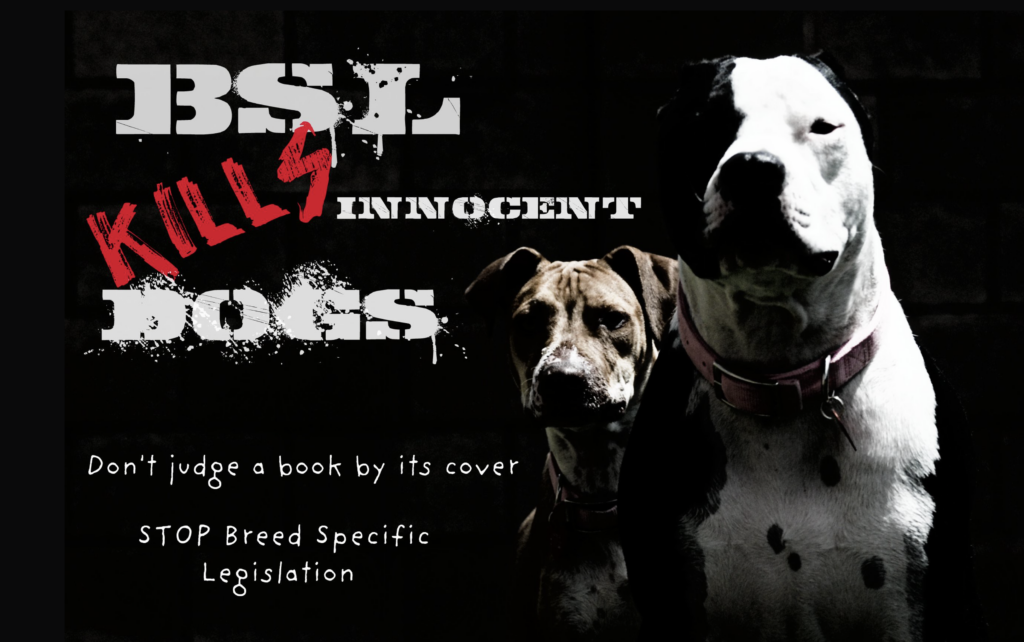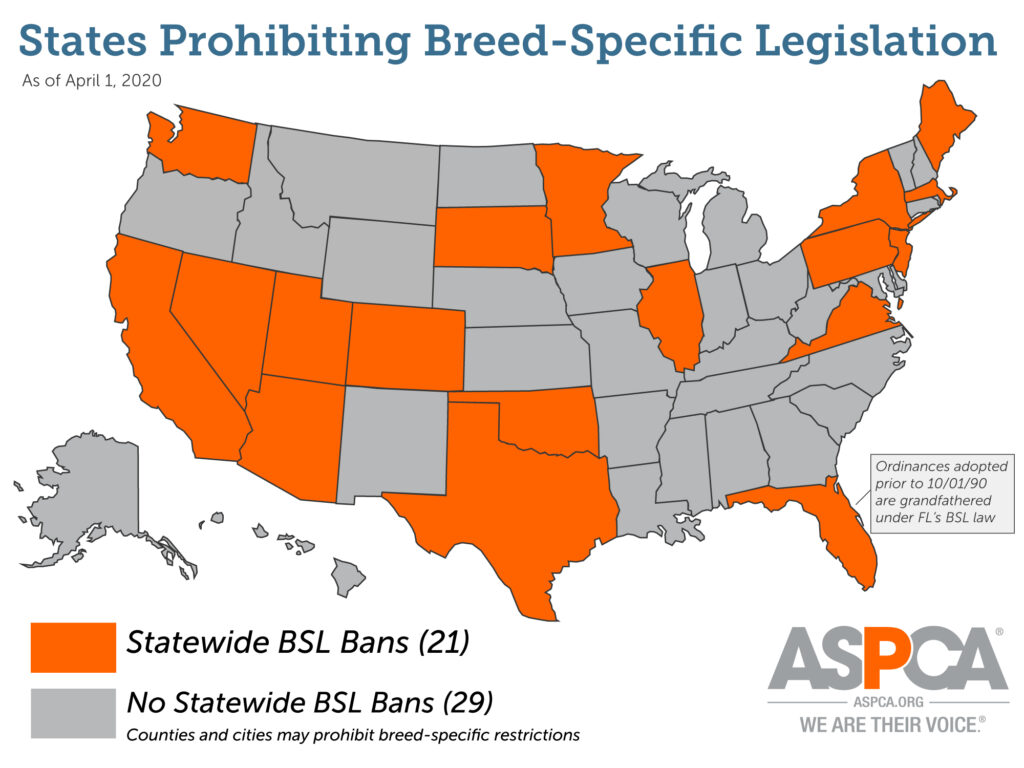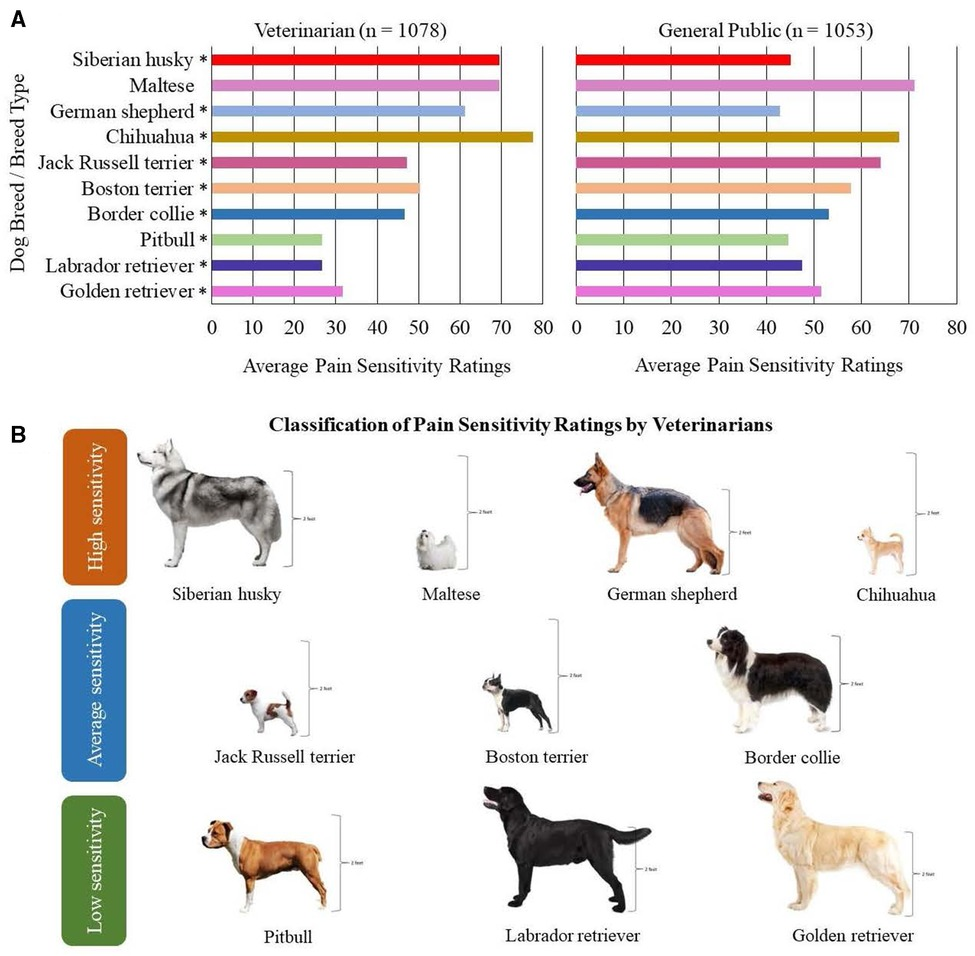
dogs banned in usa Navigating breed-specific legislation (BSL) in the United States can be overwhelming. These laws, which vary widely by state and city, target specific dog breeds in the name of public safety. This issue often sparks heated debate, especially among pet owners worried about its impact on their beloved pets.
dogs banned in usa This guide is here to clarify BSL, offering a detailed look at its implementation across different regions. We’ll cover the fundamentals of breed-specific laws, identify states with active regulations, and highlight those advocating for more inclusive approaches. Our goal is to provide the information you need to navigate these complex regulations and ensure responsible pet ownership.

What Is Breed Specific Legislation?
dogs banned in usa Breed-specific legislation (BSL) targets certain dog breeds considered to be at a higher risk for aggression or danger. Commonly restricted or banned breeds include:
- Pit Bull
- Bullmastiff
- American Staffordshire Terrier
- Belgian Malinois
- Dogo Argentino
- Doberman Pinscher
- Cane Corso
- German Shepherd
- Rottweiler
- Alaskan Malamute
- Siberian Husky
- Presa Canario
- Bull Terrier
- Staffordshire Bull Terrier
- Wolf Hybrids
- American Bulldog
- Akita
- Chow Chow
These restrictions often stem from perceptions about these breeds’ temperament and physical traits.
dogs banned in usa BSL began in the early 1980s in response to several fatal dog attacks. While the intent is to improve public safety, the effectiveness and fairness of these laws continue to be debated.
Key BSL Terms
When discussing breed-specific legislation (BSL), it’s important to understand a few key terms:
- BSL (Breed Specific Legislation): Laws that impose restrictions or bans on certain dog breeds.
- BDL (Breed Discriminatory Legislation): A term for BSL that highlights its discriminatory nature.
- APBT (American Pit Bull Terrier): A breed often targeted by BSL.
- HB (House Bill)/SB (Senate Bill): Proposals for new laws in the lower or upper houses of a legislative body.
- Grandfather Clause: Allows existing local laws to remain in effect even if new state-level BSL bans are enacted.
- Home Rule Exception: Permits local governments to create their own regulations, even if state laws are in place.
Knowing these terms helps pet owners navigate the complex legal landscape of BSL and advocate for fair and effective animal control policies.

Bans vs. Restrictions
dogs banned in usa Breed-specific legislation (BSL) can take the form of outright bans or various restrictions designed to manage potential risks. Common restrictions include:
- Muzzling the dog when in public
- Spaying or neutering the dog
- Containing the dog in a specially designed kennel with features like concrete floors and chain-link walls
- Keeping the dog on a leash of a specified length
- Purchasing liability insurance for a certain amount
- Displaying “vicious dog” signs at the residence
- Having the dog wear a distinctive tag or identifying marker
These measures aim to enhance public safety while allowing pet owners to keep their dogs under controlled conditions.
States With BSL or No Prohibiting Legislation
Breed-specific legislation (BSL) is currently in effect in several states, either due to specific laws or because there are no state regulations preventing local governments from creating their own breed-specific rules. Here’s a snapshot of where BSL is present or allowed due to a lack of prohibitory legislation:
- Washington
- Idaho
- Wyoming
- North Dakota
- New Mexico
- Nebraska
- Kansas
- Iowa
- Missouri
- Arkansas
- Louisiana
- Wisconsin
- Michigan
- Indiana
- Ohio
- West Virginia
- Kentucky
- Tennessee
- South Carolina
- Alabama
- Mississippi
- District of Columbia
In these areas, BSL impacts pet ownership and local animal control policies.

States Without Active Breed-Specific Legislation
In contrast, several states have rejected breed-specific legislation (BSL) and instead implemented laws that apply equally to all dog breeds. Here’s a list of these states:
- Alaska
- Hawaii
- Nevada
- Utah
- South Dakota
- Oklahoma
- Pennsylvania
- Connecticut
- Rhode Island
- Massachusetts
- New Hampshire
- Maine
- Delaware
These states have chosen a more uniform approach to dog regulations, focusing on general behavior rather than specific breeds.

Exception Cases
The situation with breed-specific legislation (BSL) can be even more complex in states that generally oppose such laws but still allow certain exceptions. These exceptions might include grandfathered ordinances or conditions under which local governments can implement their own breed-specific rules. Here’s a list of states where these exceptional circumstances apply:
- Oregon
- California
- Arizona
- Montana
- Colorado
- Texas
- Minnesota
- Illinois
- Georgia
- Florida
- North Carolina
- Virginia
- New Jersey
- New York
- Vermont
- Maryland
In these states, the legal landscape involves a mix of state-level prohibitions and local exceptions, making it essential to understand both state laws and local ordinances to navigate BSL effectively.
What’s Next in Navigating Breed-Specific Legislation?
For the most up-to-date information on breed specific legislation, we recommend the BSL Census, which is continually updated with news and notifications, including repeals and implementation of breed specific legislation.

